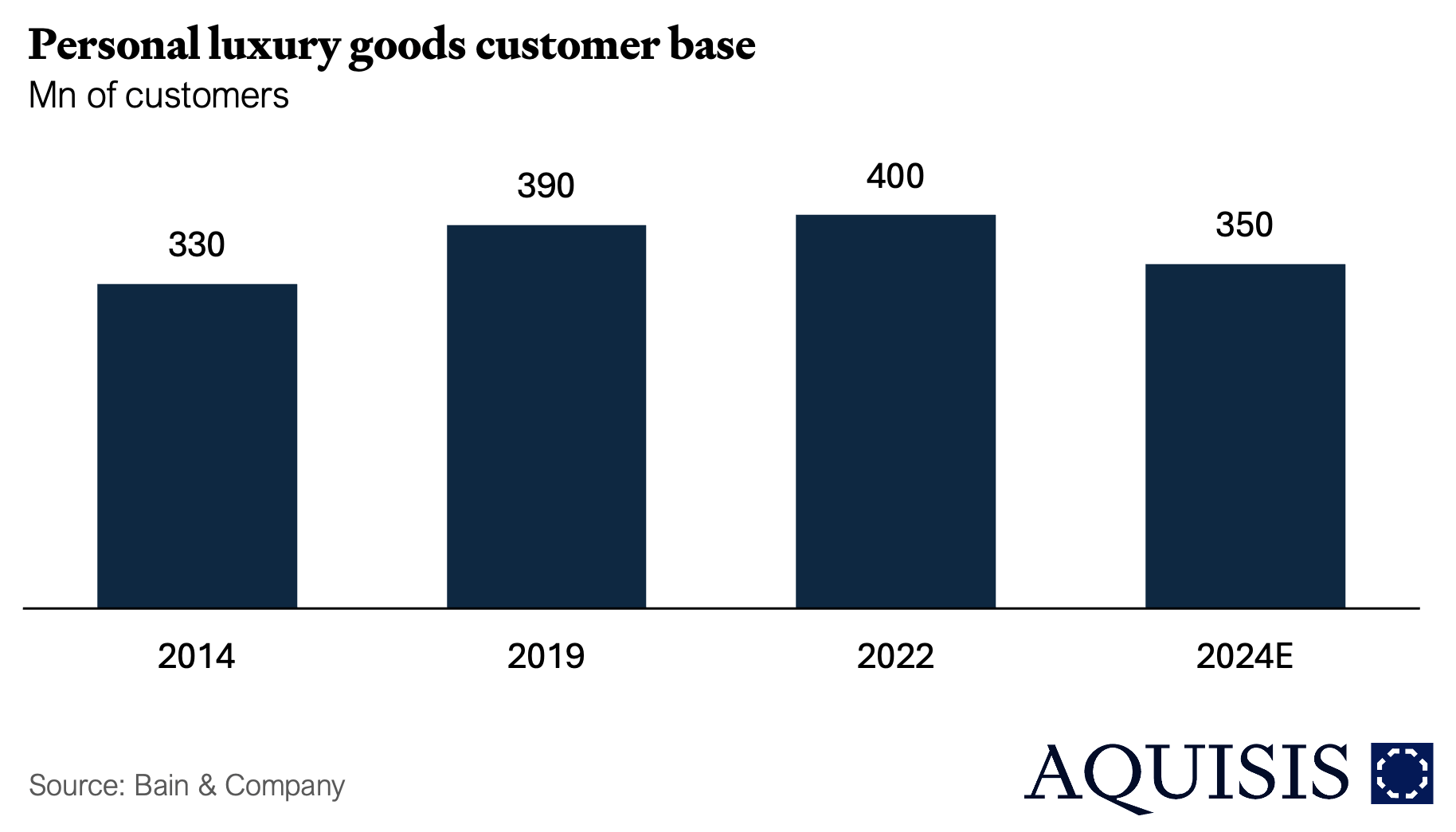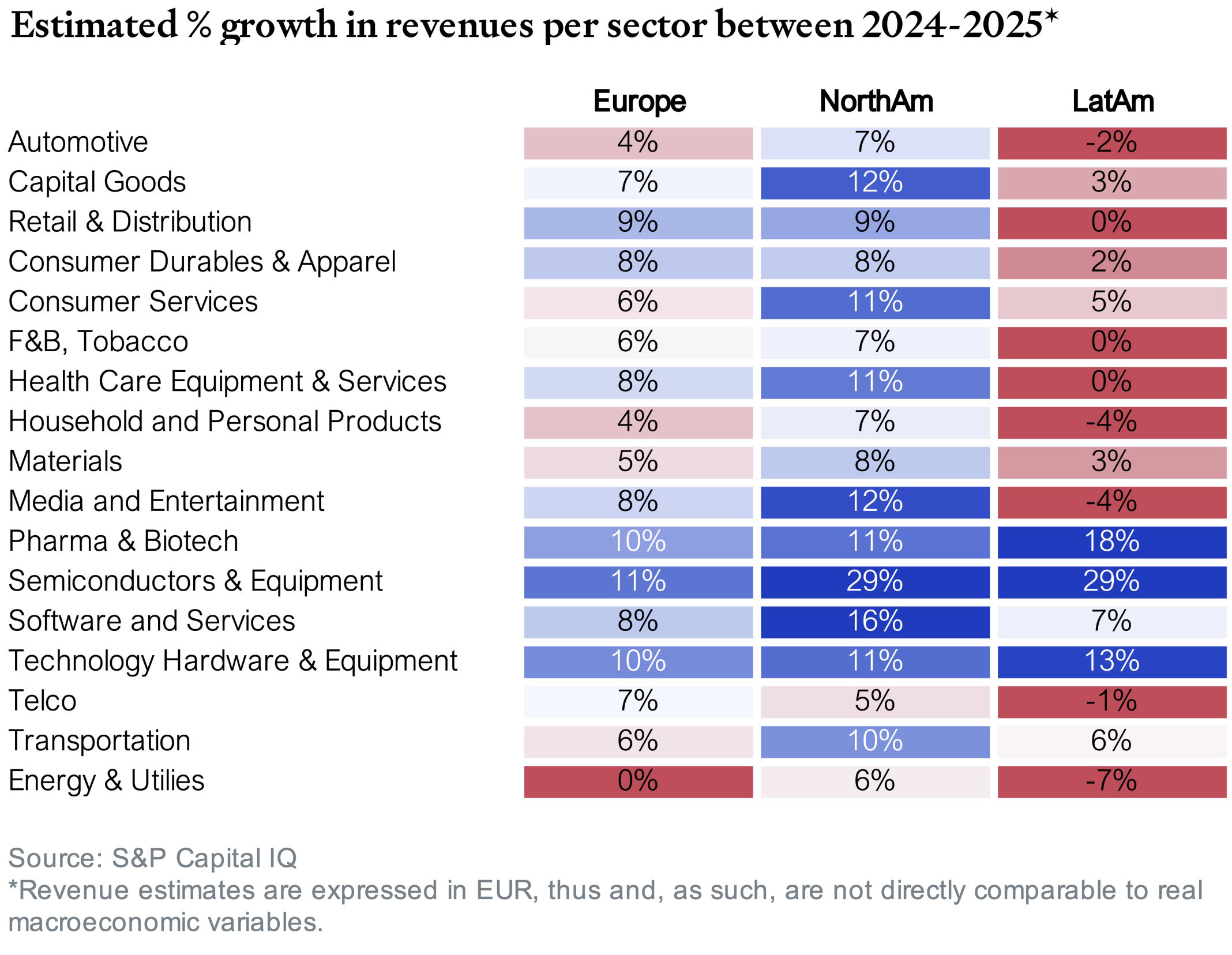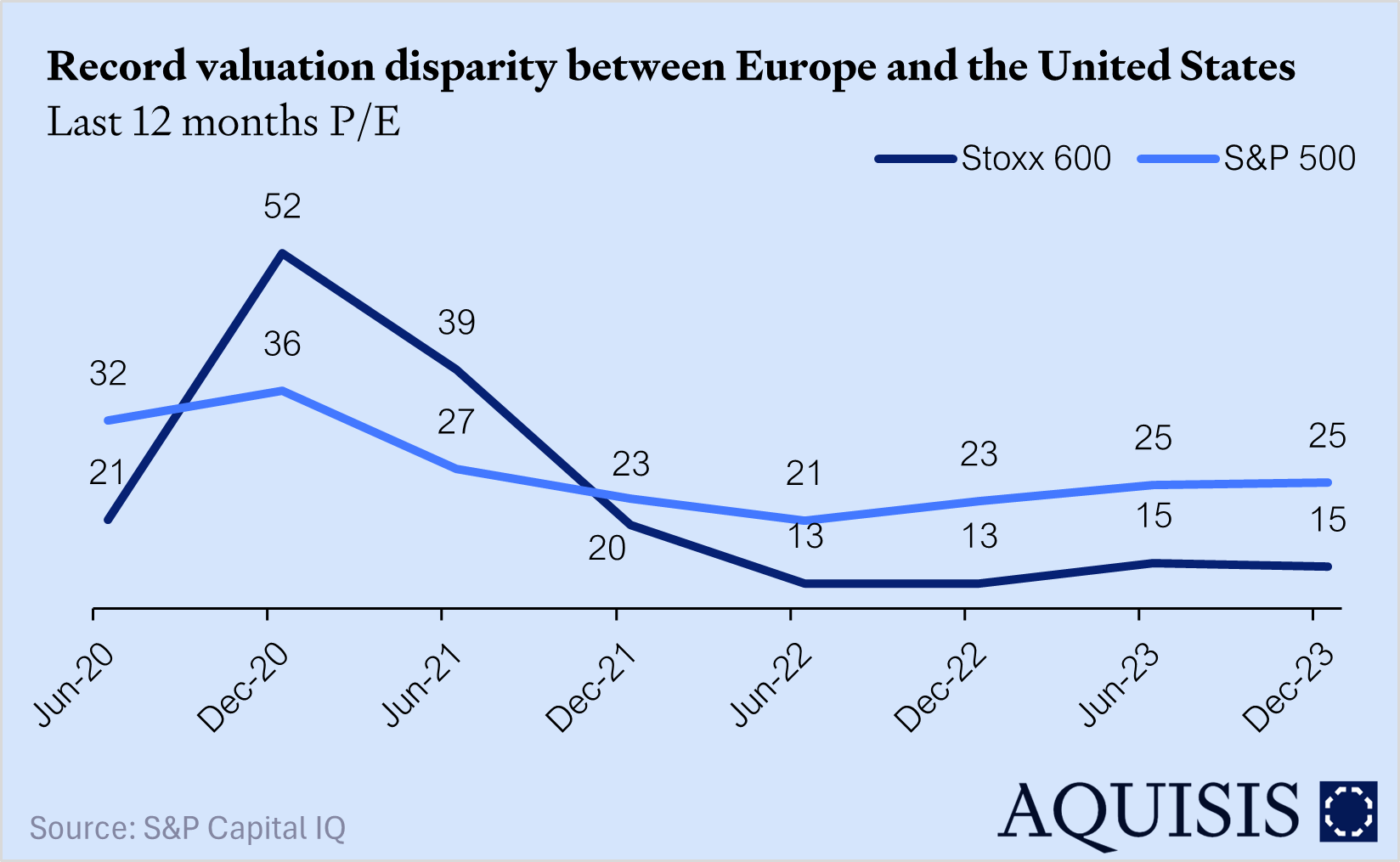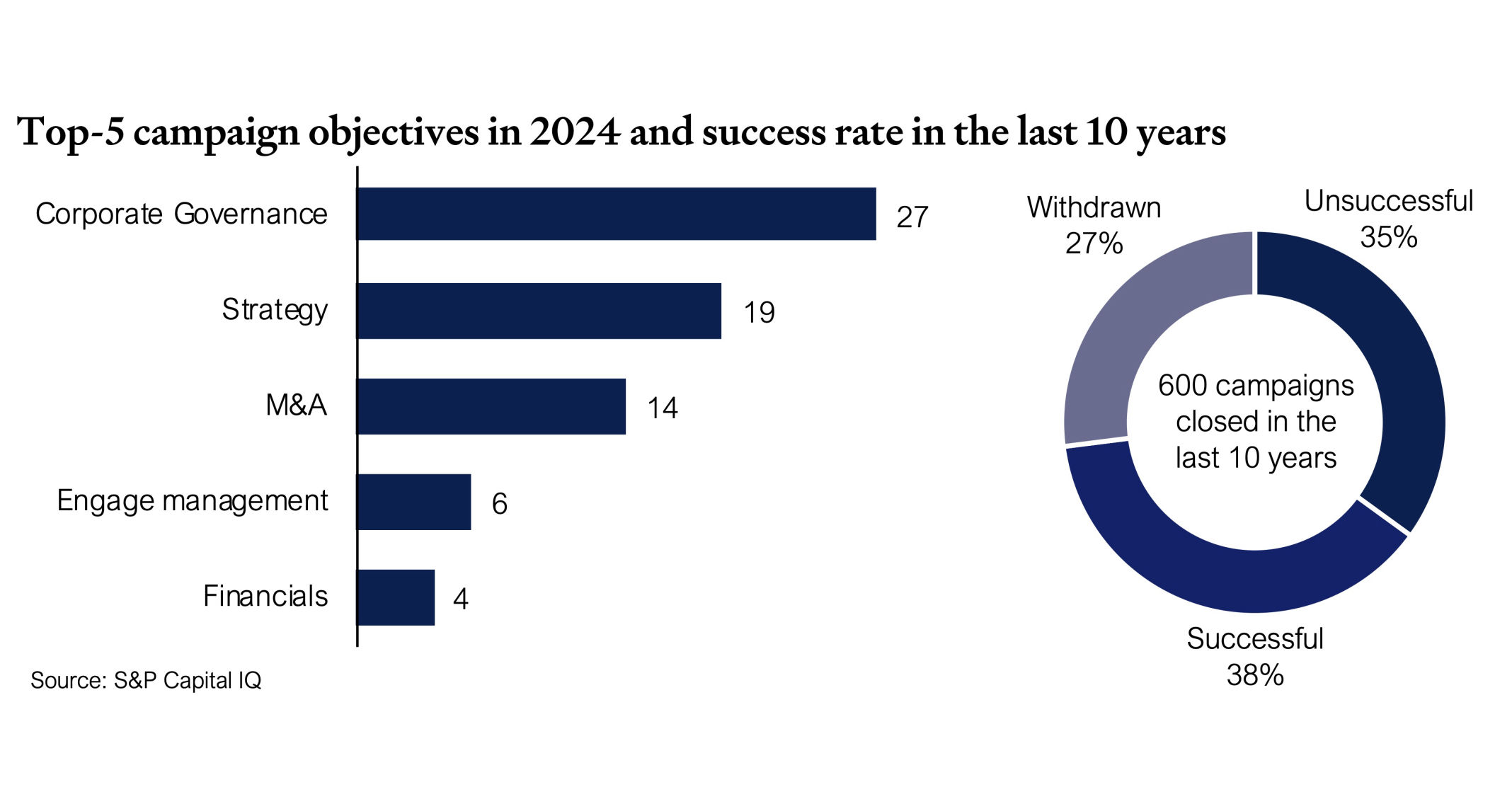
Mutual value creation and synergy between Private Equity funds and portfolio companies
RESEARCH PULSE
Private equity has evolved significantly, growing from a niche sector in 1989 to accounting for 2–5% of GDP in recent years. PE firms create value through productivity gains, managerial improvements, and market expansion, driving sales growth and innovation. They target both turnaround and high-profit firms, leveraging capital and expertise. Despite significant challenges like stagnant exits, volatile IPO markets, and higher interest rates, the sector adapts by emphasizing longer-term strategies. These include operational turnarounds, corporate carve-outs, and collaborations with experts.
▶ Read the full report








